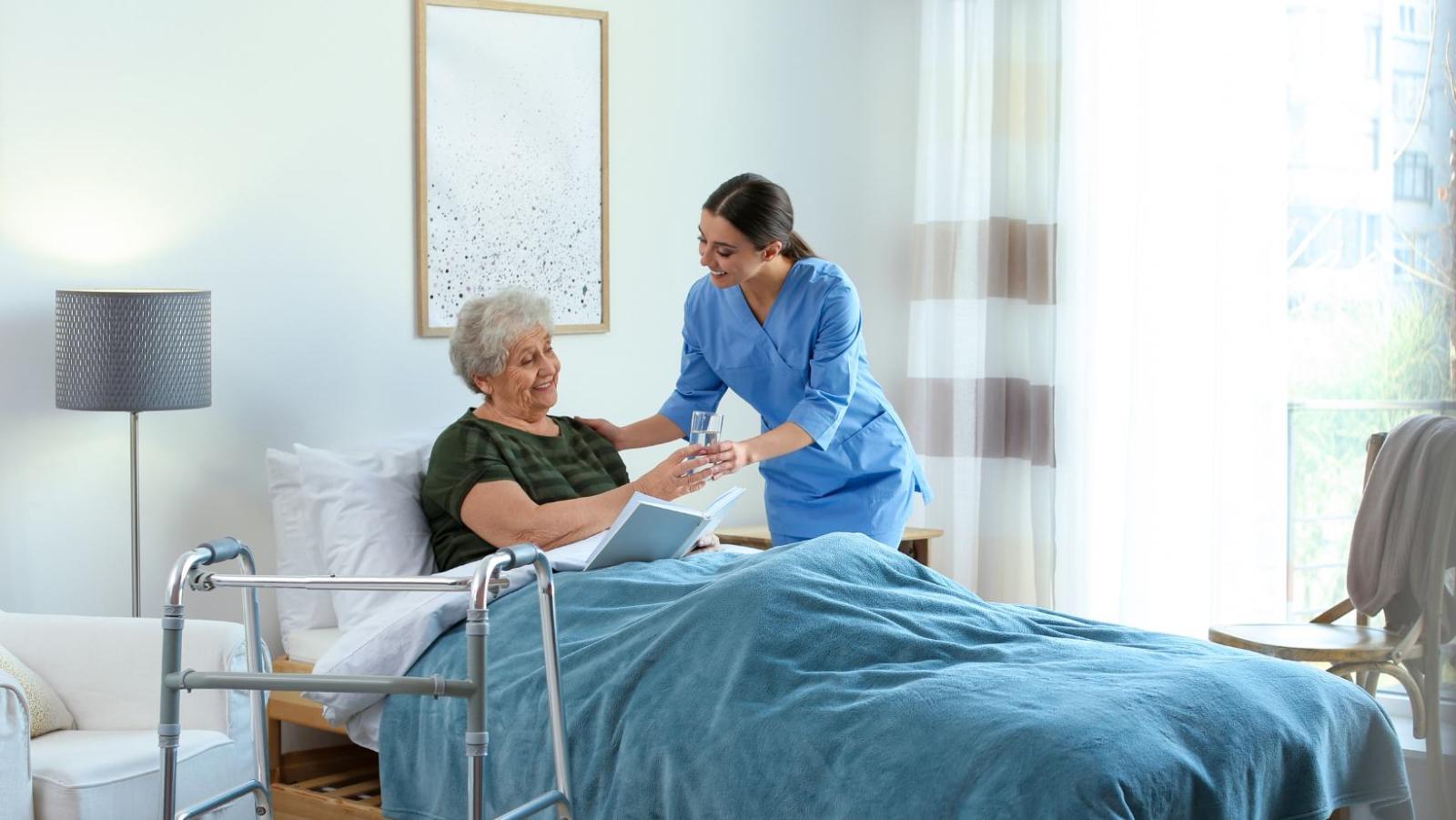Notifications

7 minutes, 10 seconds
-80 Views 0 Comments 0 Likes 0 Reviews

At P Homecare, we understand that continence management is a critical aspect of home health care nursing, particularly for NDIS participants and older adults. Incontinence can significantly impact a person's quality of life, leading to discomfort, embarrassment, and social isolation. In this blog, we will explore the importance of continence management in home health care nursing and how it can improve the well-being and independence of those receiving care.
Home health care nursing involves delivering medical care and support to individuals in their own homes. This type of care is particularly beneficial for NDIS participants and older adults who require ongoing medical attention but prefer to remain in a familiar environment. Home health care nursing can include a wide range of services, from administering medications and wound care to providing emotional support and assisting with daily activities.
Continence management refers to the strategies and interventions used to address and manage incontinence. Incontinence is the inability to control the release of urine (urinary incontinence) or bowel movements (fecal incontinence). It can be caused by various factors, including age-related changes, medical conditions, and certain medications.
Incontinence can have a significant impact on a person's quality of life. It can lead to physical discomfort, skin irritation, and an increased risk of infections. Additionally, incontinence can cause emotional distress, embarrassment, and social isolation, as individuals may avoid social activities and interactions due to fear of accidents.
Home health care nurses play a crucial role in assessing and diagnosing incontinence. They conduct thorough assessments to determine the type and severity of incontinence, as well as any underlying causes. This assessment may include reviewing medical history, conducting physical exams, and evaluating bladder and bowel habits.
Based on the assessment, home health care nurses develop a personalized management plan tailored to the specific needs of each individual. This plan may include various strategies and interventions, such as:
Bladder and Bowel Training: Techniques to help individuals regain control over their bladder and bowel functions.
Scheduled Toileting: Establishing a regular schedule for bathroom visits to help manage incontinence.
Diet and Fluid Management: Adjusting diet and fluid intake to promote better bladder and bowel control.
Use of Incontinence Products: Recommending and assisting with the use of incontinence products, such as pads, catheters, and adult diapers.
Home health care nurses provide education and training to both individuals and their caregivers on how to manage incontinence effectively. This may include:
Teaching Proper Techniques: Educating on proper techniques for using incontinence products and maintaining hygiene.
Providing Information: Offering information on the causes of incontinence, available treatment options, and lifestyle modifications that can help manage symptoms.
Support and Encouragement: Offering emotional support and encouragement to help individuals cope with the challenges of incontinence.
Home Health Care Nursing continuously monitor the effectiveness of the continence management plan and make adjustments as needed. They track progress, address any issues that arise, and work closely with other healthcare providers to ensure comprehensive care.
Effective continence management can improve physical health by reducing the risk of skin irritation, infections, and other complications associated with incontinence. By addressing these issues, individuals can experience greater comfort and well-being.
Managing incontinence can significantly enhance emotional well-being. By reducing the fear of accidents and the need for frequent bathroom visits, individuals can feel more confident and less embarrassed. This can lead to improved self-esteem and a better quality of life.
Continence management helps individuals maintain their independence by allowing them to participate in social activities and engage in daily routines without the constant worry of incontinence. This can improve overall quality of life and promote a sense of normalcy.
Incontinence can disrupt sleep and rest, leading to fatigue and other health issues. Effective continence management can improve sleep patterns, allowing individuals to get the rest they need to maintain their overall health and well-being.
For caregivers, managing incontinence can be challenging and time-consuming. By providing effective continence management, home health care nurses can reduce the burden on caregivers, allowing them to provide better support and care to their loved ones.
At P Homecare, we understand the importance of continence management in home health care nursing. By addressing the unique needs of individuals with incontinence, we can improve their physical health, emotional well-being, and overall quality of life. Our dedicated team of home health care nurses is committed to providing personalized, compassionate, and effective care that supports independence and enhances well-being.
If you or a loved one is an NDIS participant or older adult and would like to learn more about how P Homecare can provide exceptional home health care nursing, including continence management, please contact us today. We are here to support you every step of the way.

